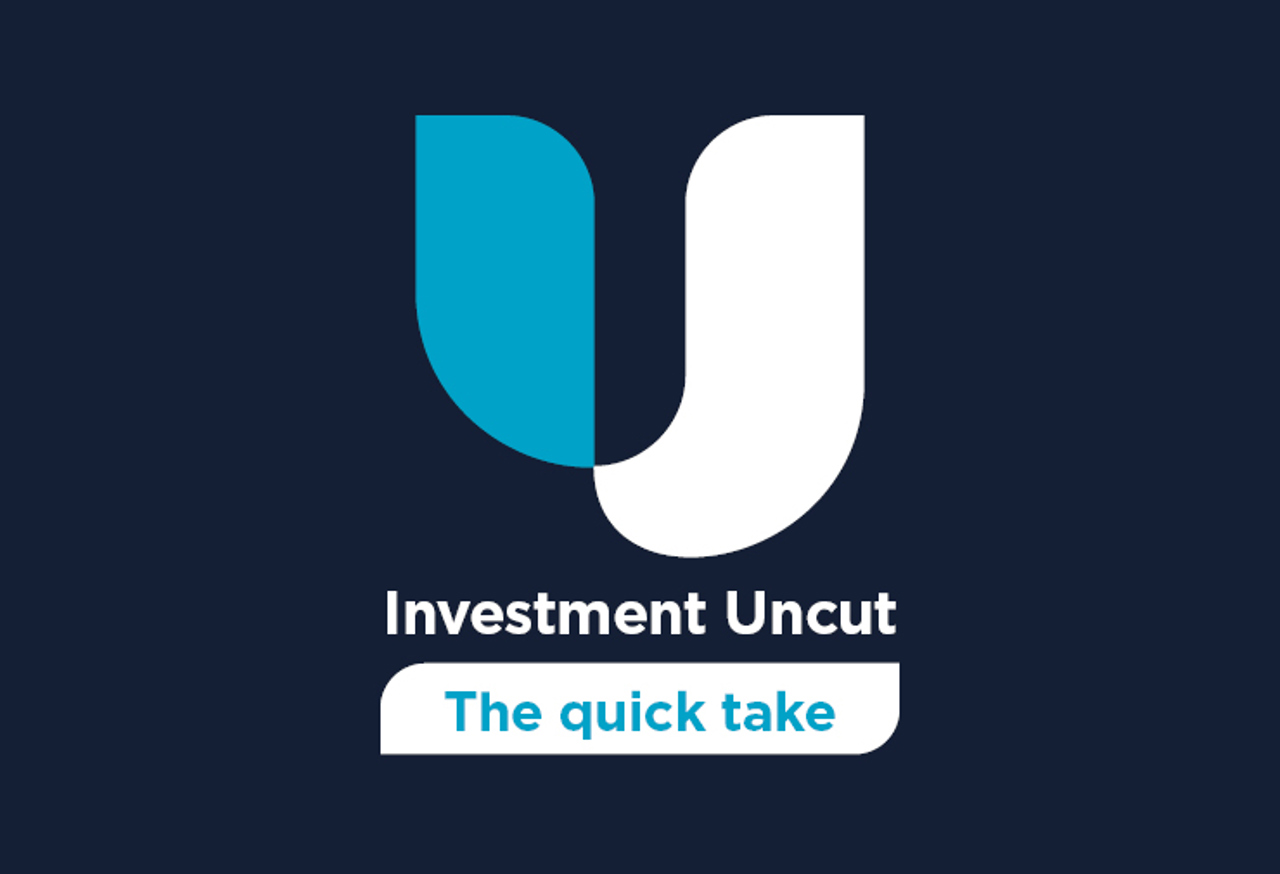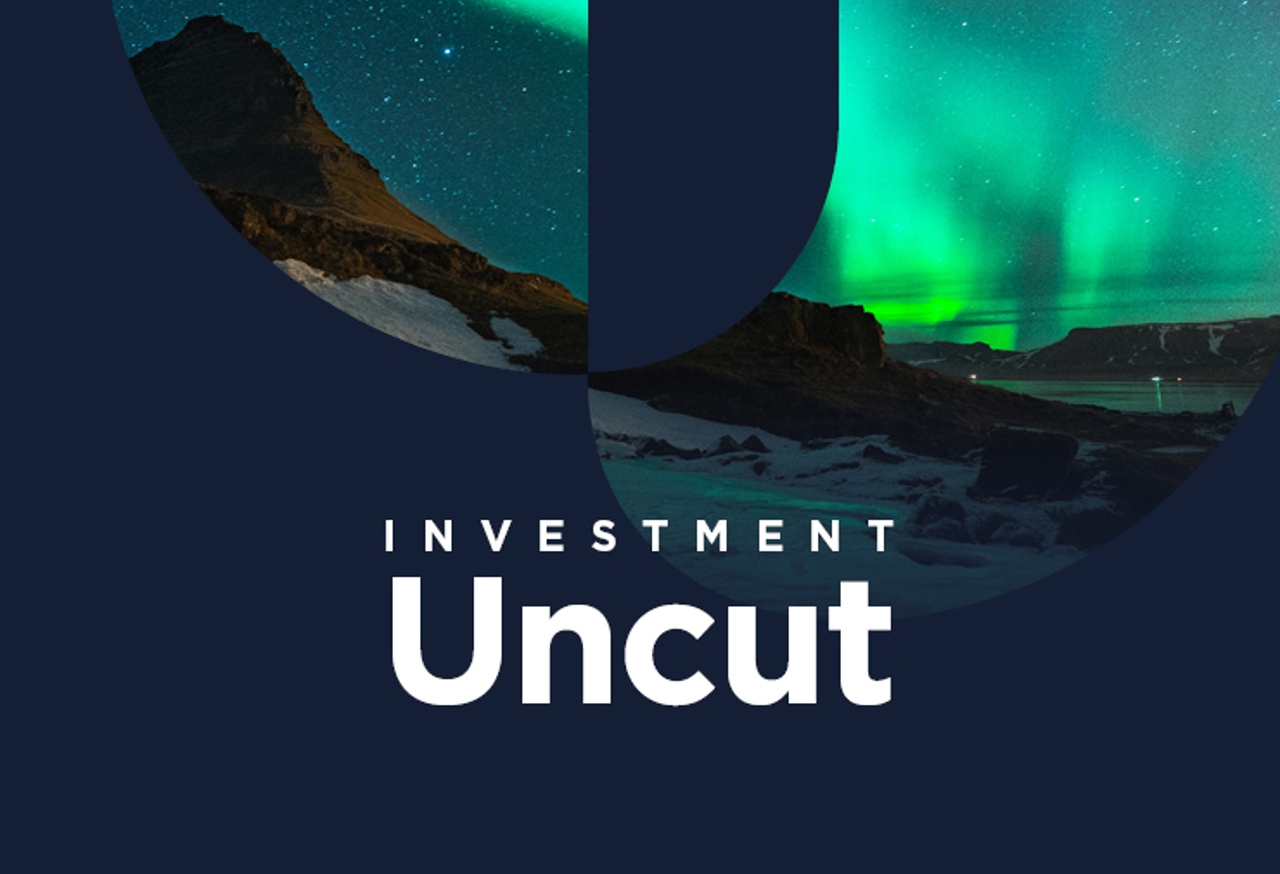Investment Uncut: Challenging assumptions with Charlotte O’Leary
Investment Pensions & benefits Responsible investment and stewardship ESGYou can listen to our podcasts online via the player below or search for 'Investment Uncut' and review, rate and subscribe on Apple Podcasts, Spotify, Pocket Casts or SoundCloud.
In our final episode of the series, Jacob Shah and Laasya Shekaran speak to Charlotte O’Leary, CEO of Pensions for Purpose. She gives us a great insight into the assumptions we currently make in the world of investing that we need to challenge.
Before this discussion, we reflect on our highlights over the series so far – discussing some of our favourite topics that were covered. We also have a call for action for listeners to let us know if there are any key topics they want covered in our next series!
With Charlotte, we have a really interesting discussion that takes a different perspective on the world of investing:
- We talk about the importance of resilience. Though investors often think of resilient portfolios as ones that are well hedged to withstand market shocks, we talk about how important it is for investment decision makers to be resilient themselves.
- We discussed some of the assumptions that have been made in the investment world and how they may not hold up to scrutiny any longer: that systemic risks cannot be addressed, that we have infinite resources and can support infinite growth, and that the investment chain is linear.
- We discuss long-term thinking, how it is a privilege to be able to take a long-term perspective which makes it even more important for those in positions of responsibility (like businesses, governments and large institutions) to take a long-term view when they can.
- We talk about how we can change incentives within the industry, and the role accounting standards could play here.
- And we also discuss the importance of intergenerational fairness!
What’s one thing listeners should take away from this?
- All of our actions have impact. This can be negative, or positive, but investors should remember that the decisions they make will have an impact on the wider world around them, which could in turn come back to impact their portfolios.
Each LCP Investment Uncut podcast is for information and marketing purposes only and does not constitute any form of investment or financial advice or a financial promotion (under the Financial Services and Markets Act 2000). All views expressed by the podcast hosts and guests are purely their own opinions and do not represent those of LCP, its clients or affiliates. LCP does not provide any warranty, guarantee, or representation as to the accuracy or sufficiency of the information featured in this Podcast. Past performance is not indicative of future returns. Our podcast listeners should always seek independent financial or legal advice before making any financial or investment decisions. Please refer to the Legal Notices section on the LCP website for further information.


